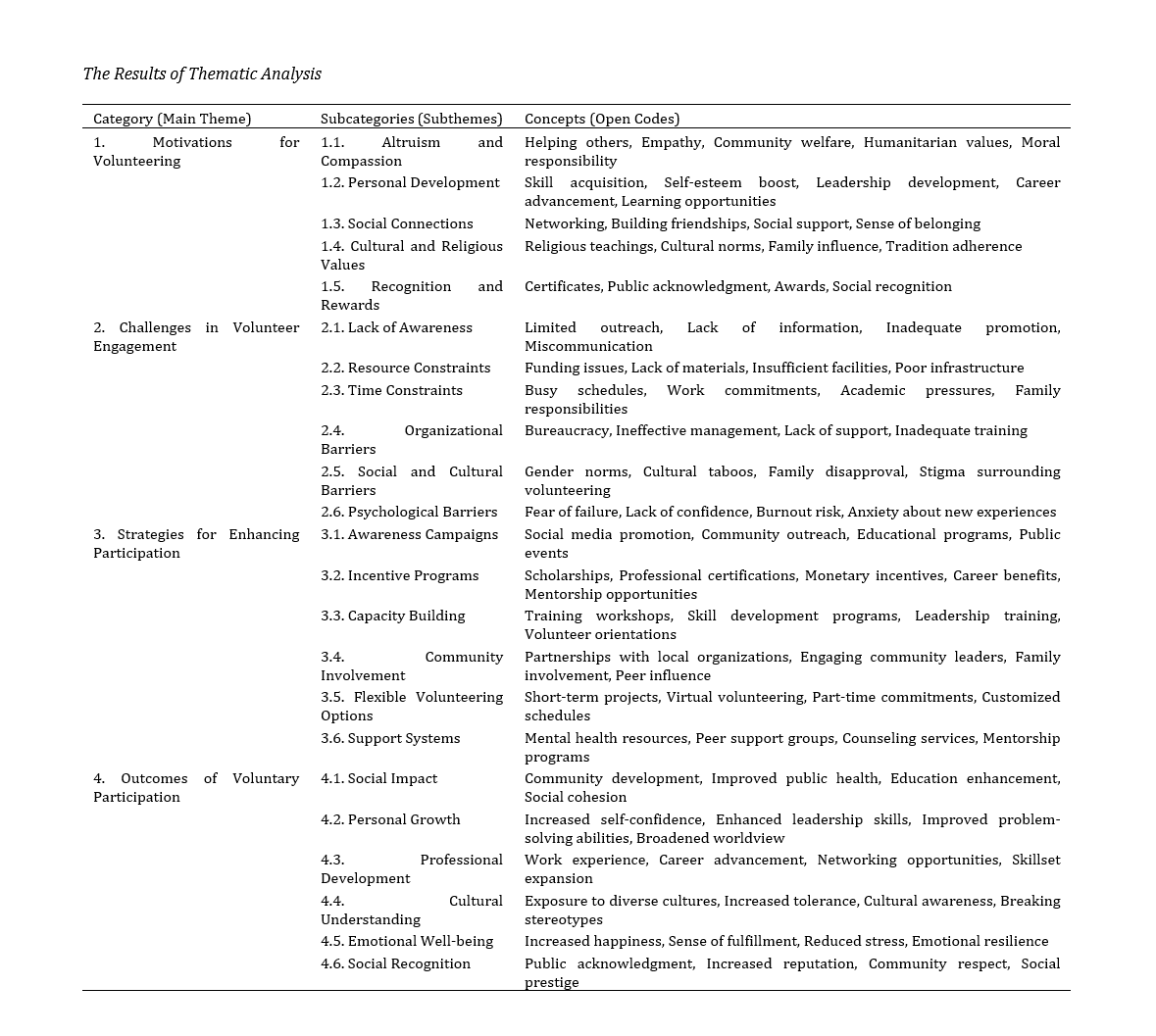Investigating the Relationship Between Language, Location, Cognition and Awareness, Social Cohesion, and Beliefs with Attitudes Toward Democracy in Iran
Keywords:
Collective Identity, Attitude, DemocracyAbstract
The present study aimed to investigate the relationship between language, location, cognition and awareness, social cohesion, and beliefs with attitudes toward democracy in Iran. This research employed a survey methodology, and the statistical population consisted of individuals over the age of 18 in the city of Bushehr. Respondents were selected through a cluster random sampling method using the block design by the Iranian Statistical Center, and a total of 450 participants were chosen based on the research criteria. The research instruments included a researcher-developed Democracy Questionnaire and a researcher-developed Collective Identity Questionnaire. For statistical analysis, Pearson's correlation coefficient and SPSS24 software were utilized. The findings of the study indicated a significant relationship between place of residence and attitudes toward democracy. Additionally, there was a significant relationship between components of collective identity and belief and attitudes toward democracy. It can be concluded that serious efforts should be made to create conditions that encourage participation from both governmental and non-governmental sectors, such as non-governmental organizations and civil society activists, mosques, and religious centers. Freedom and equality are two dimensions of attitudes toward a democratic culture. These dimensions are often discussed in political debates, whereas freedom and equality, as social phenomena, should be considered within the context of family culture.
Downloads






